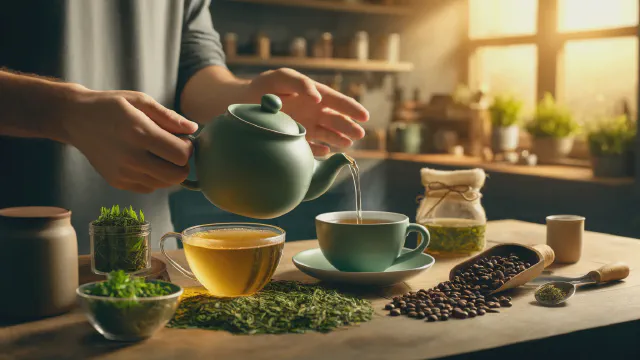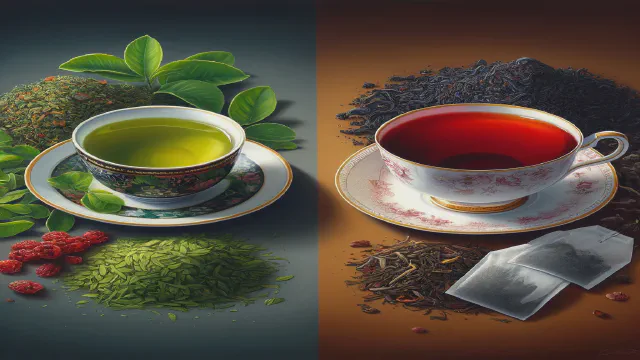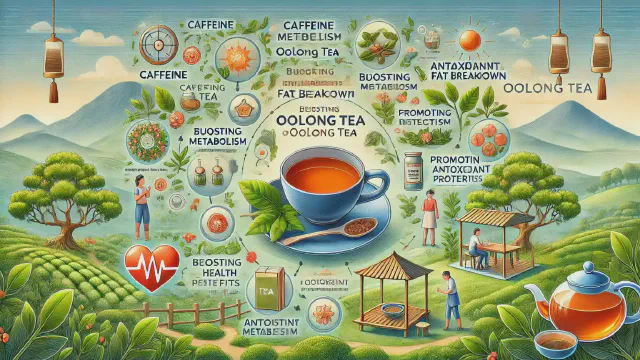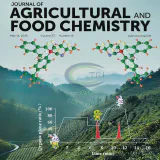
Drinking Coffee Is Beneficial, But Don't Exceed 3 Cups a Day
Fragrant coffee is a favorite for many people, but how many cups are best to drink each day? A study presented at the 2021 European Society of Cardiology (ESC) Annual Meeting suggests that drinking up to 3 cups a day can help reduce the risk of stroke and fatal heart disease.
Researchers introduced that this study indicates that long-term, regular coffee consumption is safe. Even with a follow-up of 10 to 15 years, drinking a lot of coffee daily was not associated with adverse cardiovascular outcomes or all-cause mortality.










